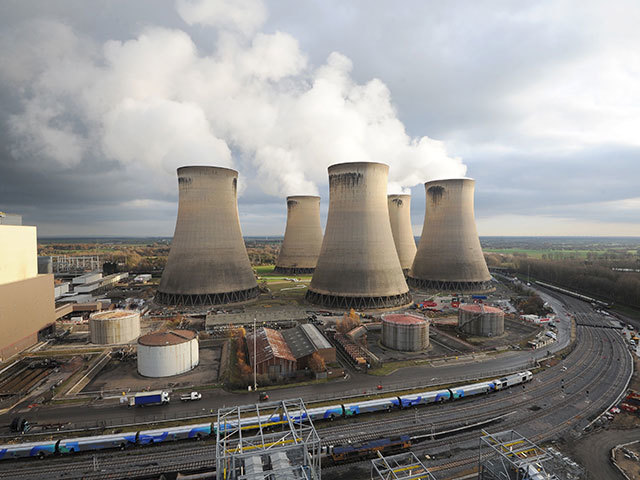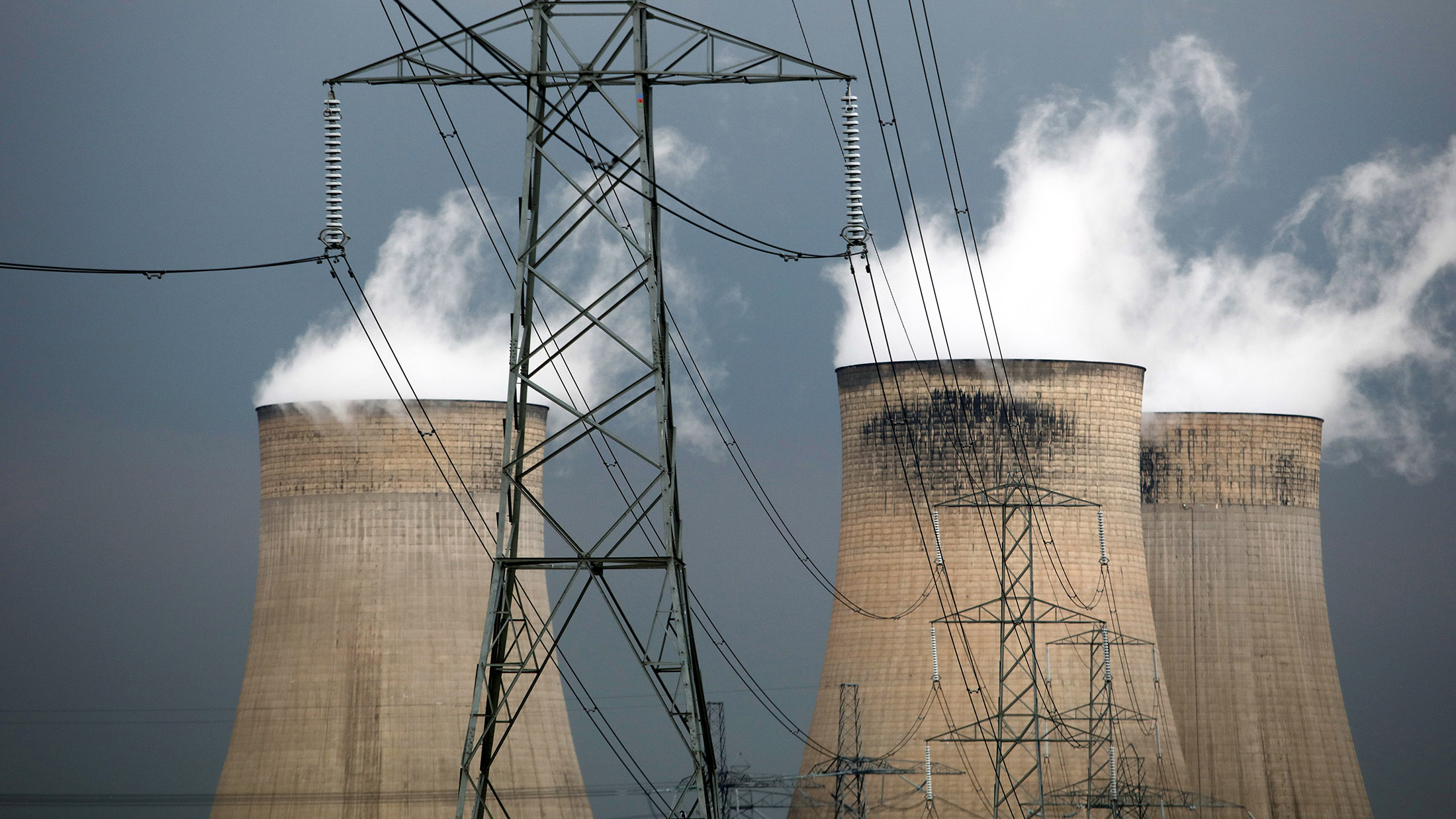
The UK has ranked joint first for the most polluting coal-fired power stations in Europe, a report has revealed.
The “Europe’s Dirty 30” report by environmental and health campaigners puts the UK top alongside Germany with nine of the 30 dirtiest coal plants in the European Union, ranked according to their total carbon emissions in 2013.
The nine power stations in the UK produced just under a third of the country’s UK electricity supply last year but were responsible for nearly two thirds of the carbon emissions produced by the power sector, the report said.
They were mainly built in the 1960s and 1970s and have a low efficiency for generating electricity.
Alongside carbon dioxide, the plants in the UK also produce nitrogen dioxide, sulphur dioxide, particulates and mercury – pollutants that affect human health and the environment, the campaigners said.
Air pollution caused by coal power stations in the UK is responsible for an estimated 1,600 deaths a year in the country, according to the Health and Environment Alliance (HEAL), one of the groups behind the report.
The most polluting power station in Europe is Poland’s Belchatow plant, while the UK’s largest coal plant, Drax, came sixth in the list of the 30 most polluting plants.
Europe has increased its use of existing coal power stations as a result of the low price of coal compared to gas, with many of the EU’s coal-fired plants now running at or near full capacity.
The move has led to an increase in carbon dioxide emissions from coal power plants in the EU, despite rising use of renewables and a drop in overall emissions from the bloc, the study said.
It warns that heavy use of coal in countries such as the UK and Germany puts the EU in danger of not phasing out emissions from coal quickly enough and undermining the bloc’s ambitions for tackling climate change.
The report comes as the European Commission is expected to make a decision on whether the UK’s “capacity market”, which will provide payments to generators to ensure there is enough power available to meet peak demand, meets EU subsidy rules.
Environmental groups are concerned the system will guarantee payments to polluting coal power stations along with other generators over the next 15 years.
“Each of the largest coal-power stations in Europe is responsible for hundreds of millions of external health costs,” said Julia Huscher, senior coal and health officer at HEAL.
“The sheer amount of pollution they release, apart from the CO2 emissions, contributes to higher levels of particulate matter, which is a major health concern.
“In addition, the top 30 CO2 emitters cause 20% of the health costs of the European power sector. The phase-out of coal in Europe will be a win-win, because it will help to achieve clean air for more people and avoid further health damage from climate change.”
The report was released by CAN (Climate Action Network) Europe, WWF, the European Environmental Bureau, HEAL and Climate Alliance Germany.
Recommended for you
